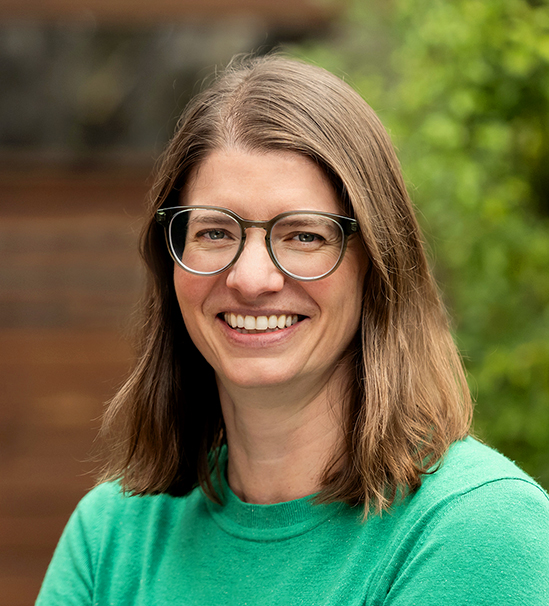
Marketing
Merrill
Feather
Merrill leads marketing at Gigascale, working hands-on with portfolio founders on everything from product positioning and go-to-market strategy to pitch decks, websites, and early marketing hires. She also leads Gigascale’s events, manages internal communications, and serves as a central node for platform support and operations across the firm.
She brings two decades of product marketing and leadership experience across climate tech, software, and consumer brands. Merrill has built and scaled marketing teams inside both startups and Fortune 500 companies, translated complex products into benefits-driven positioning, and launched high-impact programs that deliver results.
Before Gigascale, Merrill cofounded The Regenerates, a boutique consultancy focused on climate technologies, alongside Gigascale colleague Kristen Winzent. There, she built full-stack marketing functions as a fractional CMO for more than 25 early-stage companies and investors.
Earlier in her career, Merrill joined Facebook’s (now Meta’s) nascent product marketing team in 2012 and spent six years helping grow it from 5 to 450. She led marketing for products including News Feed, Privacy, Groups, and Messenger, managed teams of 25+, and helped shape the team’s evolution into a full-service marketing organization. After Meta, she joined Seesaw, a 40-person Series A edtech startup, as the first marketing hire and Head of Marketing, where she built a 5-person team, set the vision and strategy for the Seesaw brand, and contributed to user and revenue growth.
Merrill began her marketing career at Hasbro, marketing Iron Man and Spider-Man toys. She also worked in fundraising at American Ballet Theatre, and experiential program production at the Smithsonian Center for Folklife and Cultural Heritage. She holds a BA in International Relations from Brown University and an MBA from NYU Stern School of Business.
close